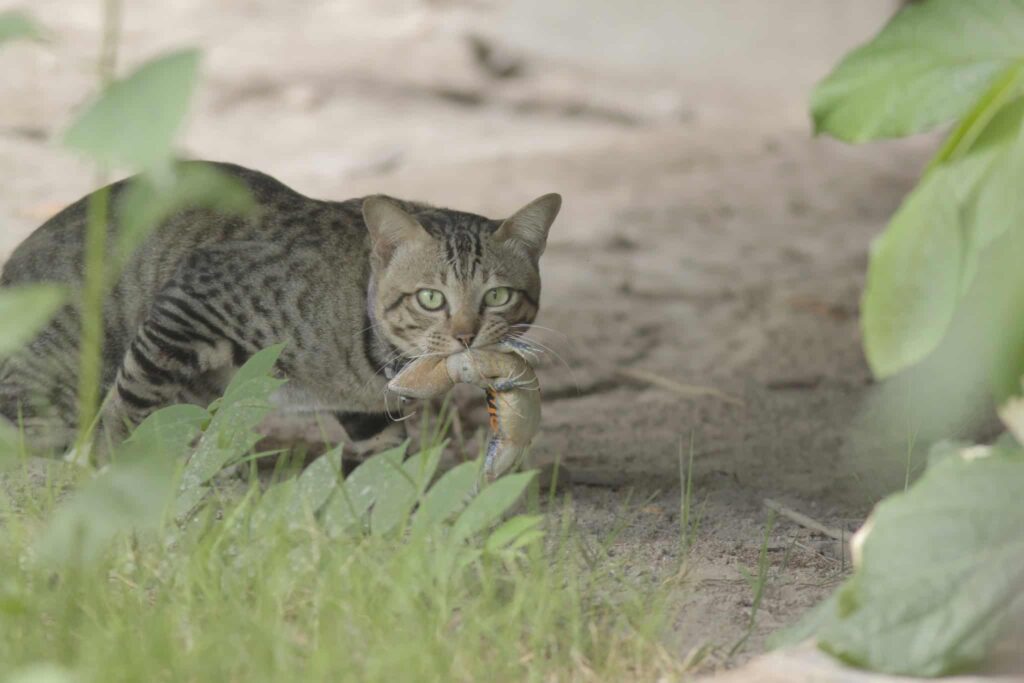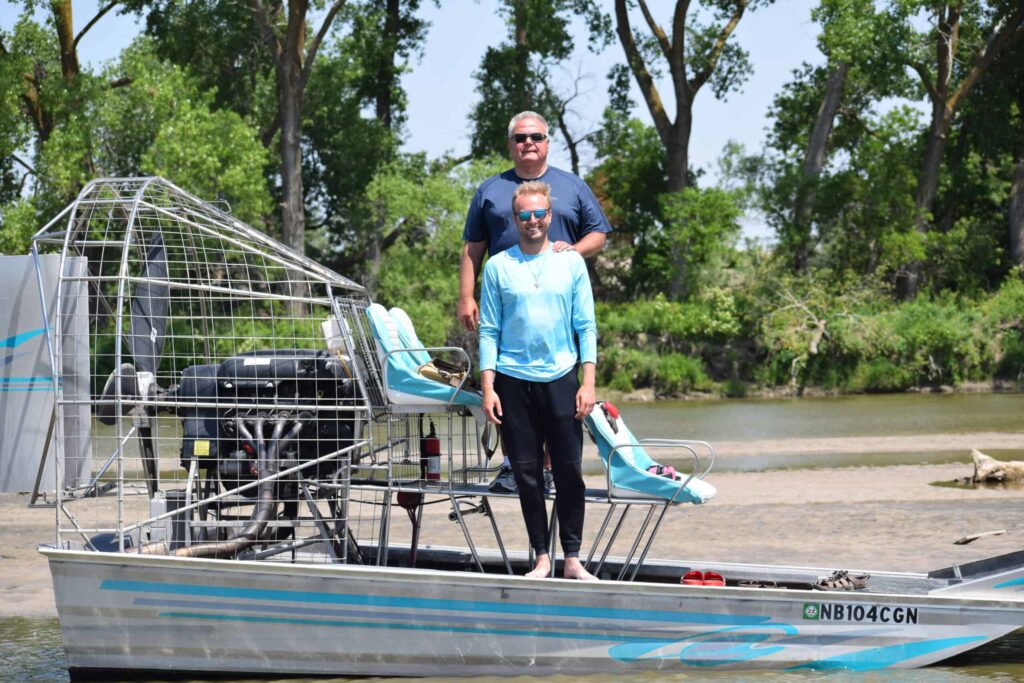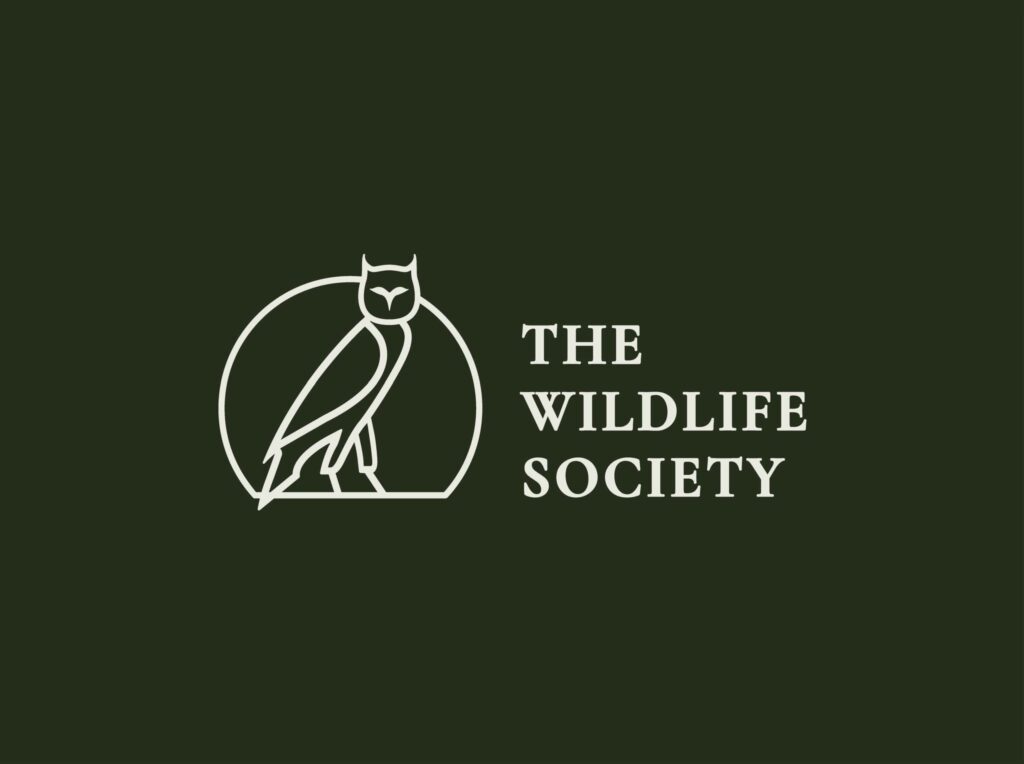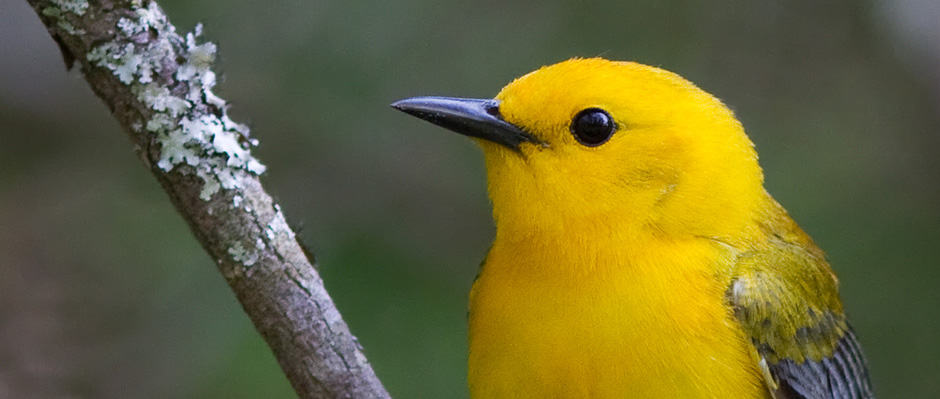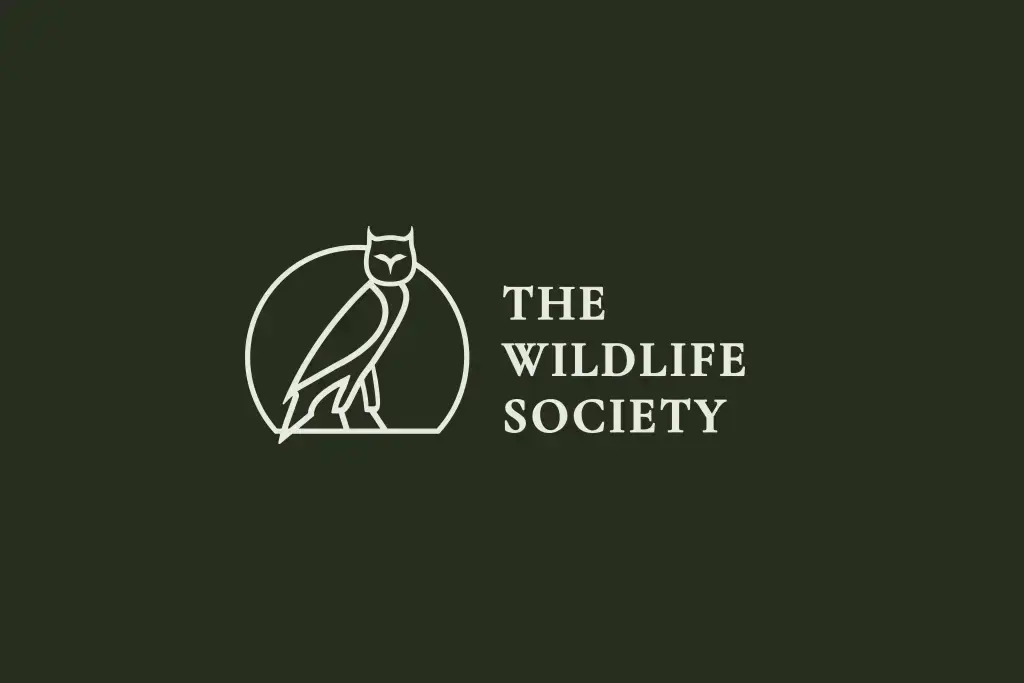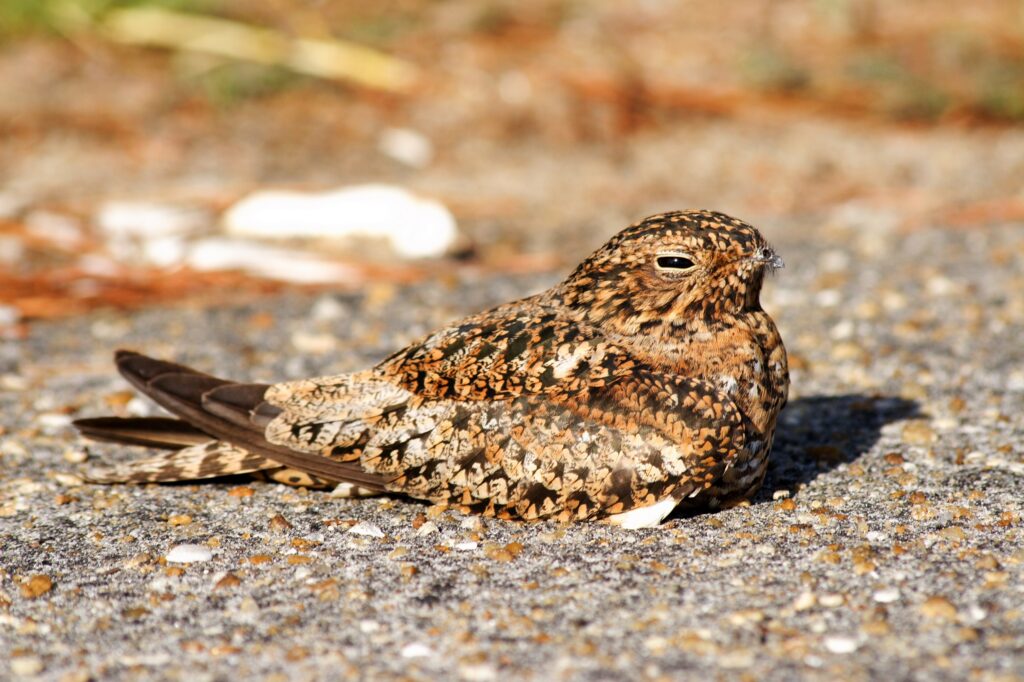The Virginia Senate and House of Delegates recently considered several bills that would impact feral cat management in the state. The Virginia Chapter of TWS wrote letters and sent members to provide testimony to the state’s Senate and House Committees to express opposition to the bills.
The Senate considered three bills. SB 693 would have permitted the use of trap-neuter-release (TNR) activities as a method of controlling feral cat populations. SB 698 would have established a fund to reimburse veterinarians for performing surgical sterilization of feral cats. SB 699 and its House equivalent, HB 1586, would have allowed localities to authorize operation of “community cat programs,” which could then release feral cats back into areas they were captured from without penalty.
Many scientific studies have failed to demonstrate the effectiveness of TNR programs in reducing feral cat numbers. Additionally, releasing feral cats, even after sterilization, does not mitigate risk of disease transmission or wildlife mortality caused by individuals.
The Chapter’s letters outlined the impact feral cats have on native systems. They reported that feral cats are responsible for killing an estimated 3-26 million songbirds, 27-78 million small mammals, and 2.5-9 million reptiles each year in Virginia alone. Globally, the impact of feral cats on ecosystems is far-reaching. Stray and feral cats are responsible for the majority of cat-caused bird and mammal deaths compared to indoor pets. The domestic cat has caused the extinction of 33 bird species worldwide and competes with native predators. Supplemental feeding of feral cat populations very likely increases their populations without deterring killing of wildlife.
Feeding feral cats can encourage close contact with humans and facilitate disease transmission. Feral cats can be a disease risk for domestic animal, wildlife, and human populations. They are a reservoir for bartonellosis, typhus, feline immunodeficiency virus, toxoplasmosis, and rabies.
The Senate committee did not approve SB 698 or SB 699. While the Senate did approve SB 693, it proceeded to the House of Delegates and was voted down by the Committee. The House Committee did not approve HB 1586.
TWS has released a fact sheet on feral cats and outlines support for other feral cat population control measures in the feral and free-ranging domestic cat position statement.
Article by Colleen Hartel